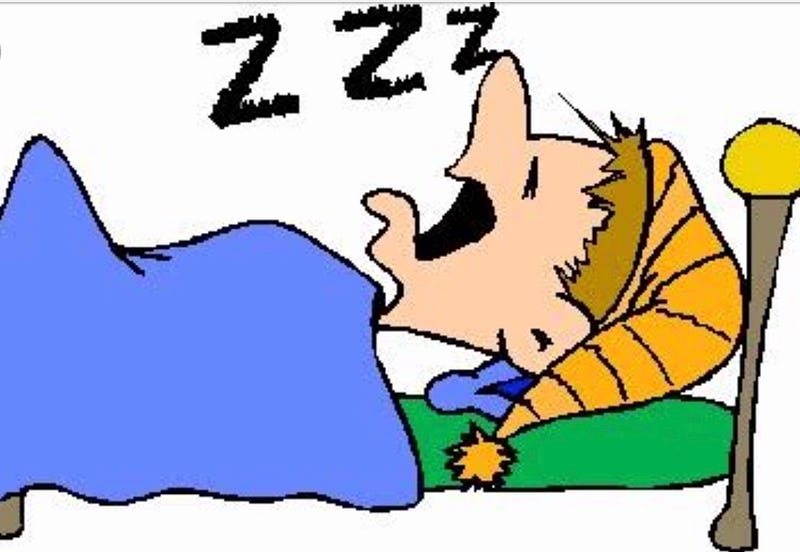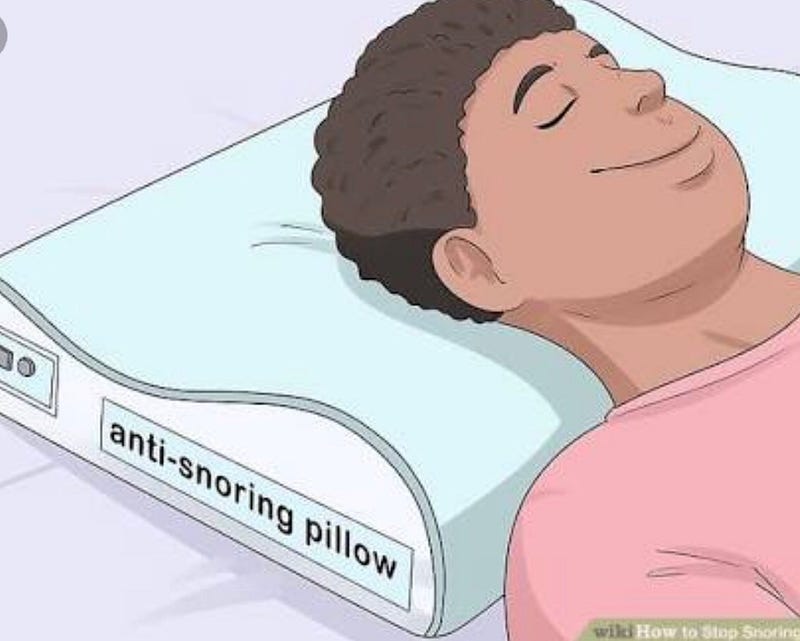Snoring (causes , treatment symptoms and risk factor)
Don’t make fun of snoring 😴people it’s a serious issue
Hoarse or harsh sound from nose or mouth that occurs when breathing is partially obstructed while sleeping.
Sometimes snoring is linked to a more serious health problem. If snoring is disruptive, or if there are other symptoms, it is best to see a doctor.
About half of people snore at some point in their lives. Snoring is more common in men, though many women snore. It appears to run in families and becomes more common as you get older. About 40 percent of adult men and 24 percent of adult women are habitual snorers. Men become less likely to snore after the age of 70.
Snoring can be a nuisance to your partner and anyone else nearby. You may even snore loudly enough to wake yourself up. Though, in many cases people do not realize that they snore. Snoring can also cause you to have a dry mouth or sore or irritated throat when you wake up.
Causes
During waking hours, the tissues in the throat and upper airway are open for easy air intake to the lungs.
During sleep, the soft tissues and tongue relax, and can partially block the airway.
If the air coming in and out of the airway meets enough resistance, vibration, or snoring, can occur.
Obesity, smoking, drinking alcohol, or having frequent nasal congestion all increase the risk of habitual snoring. Snoring is thought to affect 44 percent of males and 28 percent of females between the ages of 30 and 60 years.
Snoring can indicate a medical condition such as:
- obstructive sleep apnea (OSA)
- type 2 diabetes
- cardiovascular disease
- obesity
- sinus or nasal problems
Symptoms
- Excessive daytime sleepiness and fatigue
- Headaches in the morning
- Troubles with memory, learning, concentration
- Mood swings, short-temperedness, anxiousness, depression
- Needing to get up often throughout the night to use the bathroom
Risk factor
Snoring becomes more prevalent with age, for both men and women. Other risk factors for snoring include:
- Being overweight
- Drinking alcohol
- Smoking
- Nasal conditions, including deviated septum or frequent congestion
- Family history of snoring or other sleep-disrupted breathing
Treatment
There are several effective treatment options to help with snoring. Whatever treatment option you pursue, it’s important to deal with a snoring problem promptly, before it causes damage to your health or progresses to a more serious sleep disorder.
Lifestyle changes
There are number of behavioral changes that can significantly improve or even eliminate snoring habit.
- Losing weight is a great first step for anyone who snores
- excess weight is a serious risk factor for snoring.
- Exercising regularly can also help mitigate a snoring condition.
- Smoking aggravates the tissues of the airway, and makes snoring more likely, so add this to the reasons that stopping smoking is a good idea.
- Not drinking excessively, and avoiding alcohol with 3–4 hours of bedtime, may also aid in reducing snoring.
Positional therapy
Snoring is often triggered or made worse by sleeping on the back, which encourages a narrowing of the airway. Sleeping on one side may reduce or eliminate snoring for some people. Using a pillow that supports the head and neck, or other sleep equipment that encourages side sleeping can also help. So can sleeping with the head slightly elevated.
Oral appliances
These devices, prescribed by sleep specialists often in consultation with dentists, are worn during sleep. They help to position the jaw and tongue to keep the airway open and avoid disrupted, noisy breathing and snoring.
Dr. Shivani Bhardwaj



Comments
Post a Comment